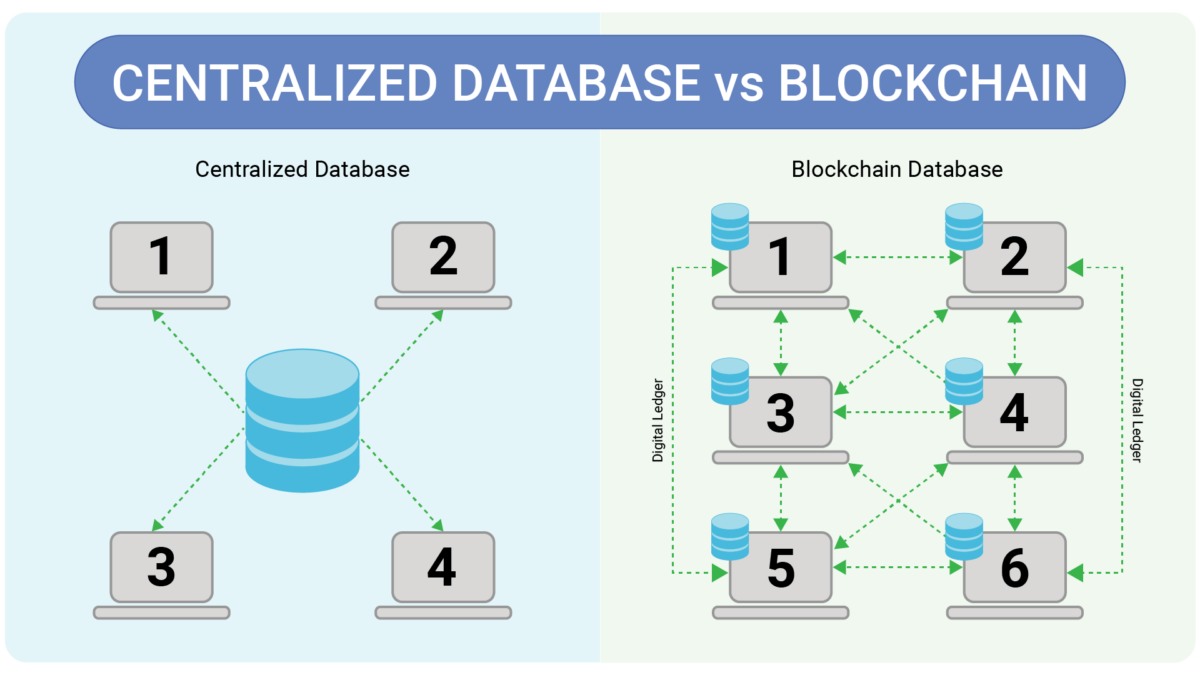Viva Resa: Your Gateway to Insightful Living
Discover news, trends, and tips for a vibrant lifestyle.
Blockchain: The Invisible Revolution Redefining Trust
Discover how blockchain is transforming trust and reshaping industries in ways you never imagined. Join the invisible revolution today!
What is Blockchain Technology and How Does it Work?
Blockchain technology is a revolutionary system that enables secure and transparent transactions across various platforms. At its core, a blockchain is a distributed ledger that records all entries across multiple computers, ensuring that the data cannot be altered retroactively without the consensus of the network. This decentralized nature not only enhances security but also promotes trust among users. For a deeper understanding of the fundamentals of blockchain, visit Investopedia.
The operation of blockchain technology relies on complex algorithms to validate transactions before they are added to the chain of blocks. Each block contains a list of transactions along with a unique cryptographic hash of the previous block, creating a secure and unchangeable chain. When a transaction is initiated, it is broadcasted to the network, and miners compete to validate it through a process known as proof of work. Once validated, the transaction is permanently recorded on the blockchain, making it almost impossible to tamper with. For detailed insights into how mining works, consider reading more on Blockchain.com.

The Role of Blockchain in Building Trust in Digital Transactions
The emergence of blockchain technology has revolutionized the way we perceive trust in digital transactions. Traditionally, transactions were fortified by intermediaries such as banks or payment processors, which sometimes introduced delays and added costs. However, with blockchain, every transaction is recorded on a decentralized ledger that is both transparent and immutable. This means that once a transaction is confirmed, it cannot be altered or erased, which significantly reduces the potential for fraud. As highlighted by Coindesk, blockchain enhances security and fosters an environment where parties can engage in transactions without the need for trust in one another, as the system itself provides the trust.
Moreover, the transparency of blockchain allows all stakeholders to view the transaction history, thereby increasing accountability. For instance, in supply chain management, blockchain can track the provenance of goods, ensuring that consumers know where their products come from and whether they meet ethical standards. Organizations like IBM are leveraging blockchain to enhance traceability, promoting trust among suppliers and customers alike. This level of transparency is crucial in building a trusting relationship in digital transactions, as it ensures that all parties involved are held accountable for their actions, thus minimizing the risk of disputes.
How Blockchain is Transforming Industries Beyond Cryptocurrency
The impact of blockchain technology is extending far beyond its origin in cryptocurrency. Industries such as supply chain management, healthcare, and finance are leveraging blockchain to enhance transparency and efficiency. For example, in supply chain management, IBM's blockchain solutions enable real-time tracking of goods, allowing companies to verify the authenticity of products and reduce fraud. This not only fosters trust among consumers but also streamlines operations and reduces costs.
In the healthcare sector, blockchain is revolutionizing how patient data is stored and shared. A Forbes article highlights how blockchain can enhance patient privacy and security while ensuring that healthcare providers have timely access to vital patient information. By creating an immutable record of medical histories, blockchain facilitates better coordination of care and contributes to improved patient outcomes. This transformative potential across various sectors signifies that the future of blockchain extends far beyond just the realm of cryptocurrency.